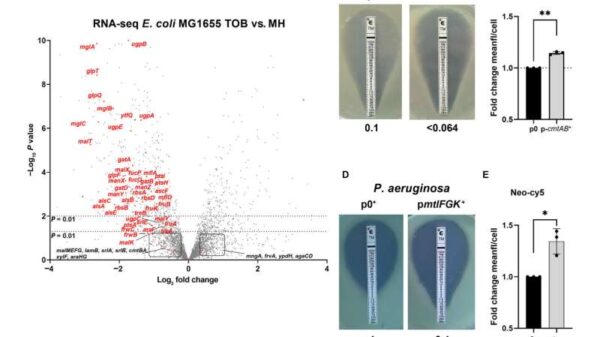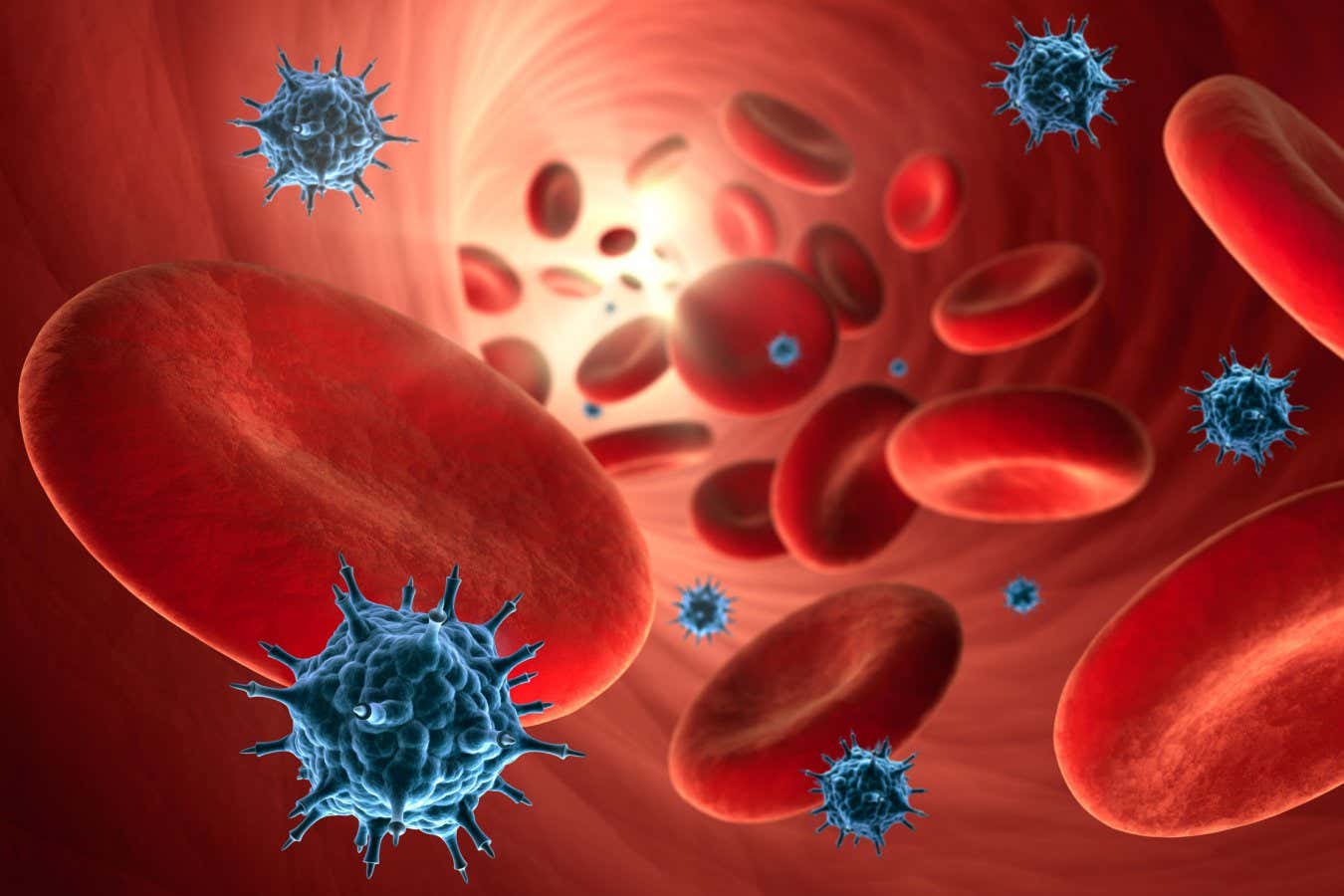Research indicates that Covid-19 may accelerate the aging of blood vessels, particularly in women. A study led by Rosa Maria Bruno at the Université Paris Cité involved 2,390 participants, averaging 50 years of age, from 16 countries, including the UK and US. The research, conducted between September 2020 and February 2022, examined the relationship between SARS-CoV-2 infection and arterial stiffness, a known risk factor for cardiovascular disease.
To evaluate arterial health, the researchers measured how quickly a pressure wave traveled between the carotid artery in participants’ necks and the femoral arteries in their legs. This assessment allows for the determination of artery stiffness, which naturally increases with age. The findings revealed a notable difference based on sex; women with a confirmed SARS-CoV-2 infection exhibited stiffer arteries compared to their uninfected counterparts.
The results indicated that the severity of the infection correlated with the degree of arterial stiffness. Women who were hospitalized due to Covid-19 had a vascular age approximately five years older than women who had not contracted the virus. For those admitted to intensive care, the difference increased to 7.5 years. The researchers took into account various factors that could influence artery stiffness, such as obesity and smoking, but these associations were not observed in men.
Previous studies suggest that women may have a more robust immune response to infections, which could lead to heightened inflammation. Bruno expressed surprise at the significant discrepancy observed between the sexes. The implications of this research extend to understanding long Covid, a condition that appears to be more prevalent among women.
At a follow-up conducted six months post-infection, the stiffness in women’s arteries showed slight improvement, yet it remained particularly elevated among those experiencing lingering Covid-19-related complications. Bruno noted, “Here we have demonstrated there is something measurable in the blood vessels that corresponds to the symptoms of long-Covid patients.”
The study also acknowledges the possibility that participants in the uninfected group may have had undetected mild infections, which could affect the validity of the findings. Nevertheless, Vassilios Vassiliou, from the University of East Anglia in the UK, affirmed the robustness of the study. He stated, “The study is the first large international multicenter investigation to demonstrate that Covid-19 is associated with accelerated vascular aging.”
These findings pave the way for a deeper understanding of post-Covid-19 syndrome, potentially leading to targeted pharmacological interventions to address these complications. As research continues, the focus on the long-term effects of Covid-19, particularly among women, remains critical for public health considerations.




































































